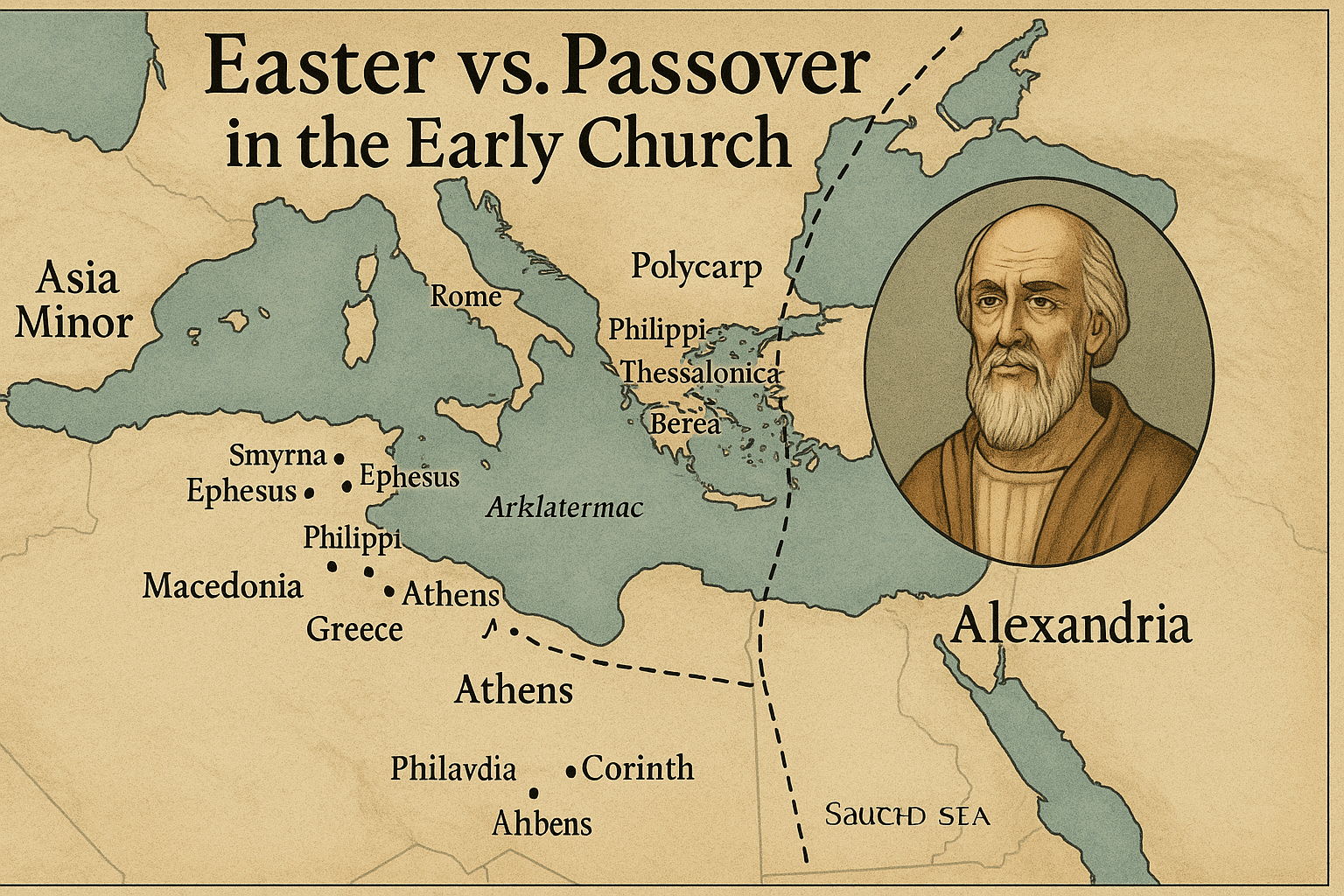Jesus’ parables are captivating stories that unlock divine wisdom in Scripture. These Biblical parables offer profound insights into faith, love, and God’s kingdom. As we explore Jesus’ teachings through these simple yet powerful narratives, we’ll discover how they continue to shape Christian understanding and inspire believers today.
In the Gospels, Jesus used parables as His primary teaching method. These stories appear in multiple passages, including Matthew 13, Mark 4, and Luke 15. By using everyday situations to convey spiritual truths, Jesus made complex concepts accessible to His listeners. His parables challenged societal norms and encouraged critical thinking about faith and commitment.
The impact of Jesus’ parables extends far beyond their original context. They serve as windows into larger realities, often focusing on God’s kingdom and His sovereignty. As we dive into these timeless stories, we’ll uncover their hidden meanings and learn how to apply their lessons to our lives today.
What Are Biblical Parables and Their Significance
Jesus taught important truths about God’s kingdom through stories. These stories, called parables, are short and use everyday life to explain complex ideas. They helped people grasp and remember moral lessons.
Definition and Etymology of Parables
The word “parable” comes from the Greek “parabolē,” meaning “comparison.” Parables compare everyday life to heavenly concepts. They make us think about God’s nature and what He expects from us.

Historical Context in Biblical Teaching
Parables were a common teaching method in Jesus’ time. They are found in the Gospels of Matthew, Mark, and Luke. Jesus told over 30 parables during His ministry. Matthew and Luke included the most parables.
Purpose of Parables in Jesus’ Ministry
Jesus used parables to:
- Reveal divine truths to open-minded listeners
- Challenge societal norms and conventional wisdom
- Explain the nature of God’s kingdom
- Teach about love, forgiveness, and faith
Parables often had surprising elements that made people think. For example, the Parable of the Good Samaritan shows how love can cross boundaries. The Parable of the Mustard Seed teaches that even small things can grow big in God’s kingdom.
“The Kingdom of Heaven is like a mustard seed, which a man took and planted in his field. Though it is the smallest of all seeds, yet when it grows, it is the largest of garden plants and becomes a tree.” – Matthew 13:31-32
By using relatable stories, Jesus made complex ideas easier to understand. His parables continue to inspire and challenge us today. They invite us to apply their wisdom to our lives.
Jesus Parables Explained: Core Messages and Meanings
Jesus shared parables to reveal deep truths about God’s kingdom. These stories are full of layers, challenging and inspiring us. They show the wisdom in Jesus’ teachings, which are timeless.
The Parable of the Good Samaritan teaches us to love everyone, no matter who they are. It shows how to be a true neighbor by being compassionate and taking action. This story teaches us to break down barriers and help those in need.

The Parable of the Prodigal Son is another powerful story. It’s about forgiveness and reconciliation, where a father welcomes back his son. It shows God’s unconditional love and the joy of redemption. It also touches on jealousy and fairness, as seen in the older brother’s feelings.
The Mustard Seed parable teaches us that small acts of faith can grow into something big. It shows that even the smallest belief can become something grand. This message encourages us to trust in our faith, no matter how small it seems.
“The kingdom of heaven is like a mustard seed, which a man took and planted in his field. Though it is the smallest of all seeds, yet when it grows, it is the largest of garden plants and becomes a tree, so that the birds come and perch in its branches.”
Jesus’ parables often show us God’s kingdom works differently than the world. They highlight mercy, forgiveness, and the power of faith. To understand these stories, we must look at both the story itself and the context of Jesus’ ministry.
The Power of Storytelling in Jesus’ Teaching Method
Jesus used stories to teach divine truth. His method made complex ideas simple for all. Through relatable stories, He reached and influenced many.
Using Everyday Situations to Convey Divine Truth
Jesus often used everyday life to explain God’s ways. He drew examples from farming, fishing, and village life. This made His teachings easy for everyone to understand.
Connecting with Different Audiences
Jesus’ stories reached people from all walks of life. His teachings were simple yet profound. Both farmers and scholars found value in His words.
The Art of Metaphorical Teaching
Jesus was a master of spiritual metaphors. His parables had surprising twists that made listeners think deeply. This way, He invited His audience to engage with His teachings.
“The kingdom of heaven is like a mustard seed, which a man took and planted in his field.”
Jesus’ teaching methods inspire today. Marketers and teachers use storytelling to connect with people. Jesus’ stories are unforgettable and have changed lives.
Major Themes Found in Jesus’ Parables
Jesus shared parables to teach us about God’s word. These stories were relatable to everyone. They covered many life aspects. Let’s look at some key themes in Jesus’ parables.
God’s Kingdom and Divine Rule
Many parables talk about God’s kingdom. The Mustard Seed parable shows how it starts small but grows. It teaches us that even small faith can lead to big changes.
Love and Forgiveness
Jesus often talked about love and forgiveness. The Parable of the Prodigal Son is a great example. It shows God’s endless love and mercy, no matter our mistakes.
Faith and Spiritual Growth
Stories like the Sower teach about faith and growth. They show how our faith can grow or weaken based on our response to God’s word. These teachings encourage us to care for our faith every day.
Social Justice and Compassion
Jesus cared a lot about social justice. His parables often highlighted the poor and outcast. The Good Samaritan story teaches us to be kind to all, no matter their background.
These lessons urge us to live by God’s values and help build His kingdom. By studying Jesus’ parables, we can apply these teachings in our daily lives.
Most Influential Parables and Their Interpretations
Jesus’ parables are some of the most famous Bible stories. They teach deep Christian teachings through simple stories. These stories have shaped faith and practice for centuries, with their meanings continuing to resonate today.
The Good Samaritan, found in Luke 10:25-37, teaches compassion beyond social boundaries. It ranks third among favorite parables, showing God’s love through unexpected kindness.
The Prodigal Son, a beloved story of forgiveness, sits at second place. This parable shows a father’s unconditional love, mirroring God’s grace towards His children who return to Him.
“He did not say anything to them without using a parable” (Mark 4:34a)
The Parable of the Talents (Matthew 25:14-30) is another influential teaching. It encourages faithful stewardship of God-given abilities, ranking 12th in popularity.
Surprisingly, the Unmerciful Slave (Matthew 18:23-35) tops the list of favorite parables. Its powerful message about God’s extravagant forgiveness resonates deeply with many believers.
These timeless stories continue to shape Christian understanding. They offer fresh insights for each new generation seeking to apply Jesus’ wisdom to their lives.
The Transformative Nature of Parables in Christian Faith
Jesus’ parables have a special power to shape how we live as Christians. They make us look inside ourselves and match our actions with God’s words. The effect of parables on our faith is deep, guiding us through time.
Impact on Personal Growth
Parables make us think deeply, asking us to check our beliefs and actions. The Good Samaritan story changes how we see our neighbors. It tells us to be kind to everyone.
Application in Modern Life
Parables’ teachings are relevant today. The Prodigal Son story helps us with family issues. It teaches us to forgive and be open, important for fixing broken relationships.
Role in Christian Teaching
Parables are great for applying the Bible to our lives. The Sower parable uses farm images to share important faith lessons. It reminds us to stay focused and open to God’s word.
“Each parable holds truths that can guide us through modern challenges. They inspire us to grow in faith and transform our lives.”
These timeless stories guide us to spiritual growth. They encourage us to live our faith in real ways, helping us understand God’s love better.
Discovering Hidden Meanings in Jesus’ Parables
Jesus’ parables are full of hidden meanings. They offer a deeper understanding when we study them closely. For example, the parable of the Wheat and the Tares talks about judgment and the end times. The Hidden Treasure and the Pearl of Great Price show the value of God’s kingdom.
Jesus used parables as a main way to teach during His ministry. The Gospels mention many parables, with some counting up to fifty-nine. Each parable has its own purpose, like changing how we see God’s relationship with us or showing us the truth about idolatry.
To understand Jesus’ parables, we need to look at their historical and cultural background. This can lead to new insights that challenge old views. For example, a fresh look at Matthew 5:29-30 might reveal a deeper meaning about sacrifice for the greater good, tied to Jesus’ mission to unite Israel.
As we explore these stories, we see Jesus used exaggeration and themes from the Old Testament. Through ongoing study and reflection, we can find more spiritual insights. This deepens our faith and strengthens our bond with God.





